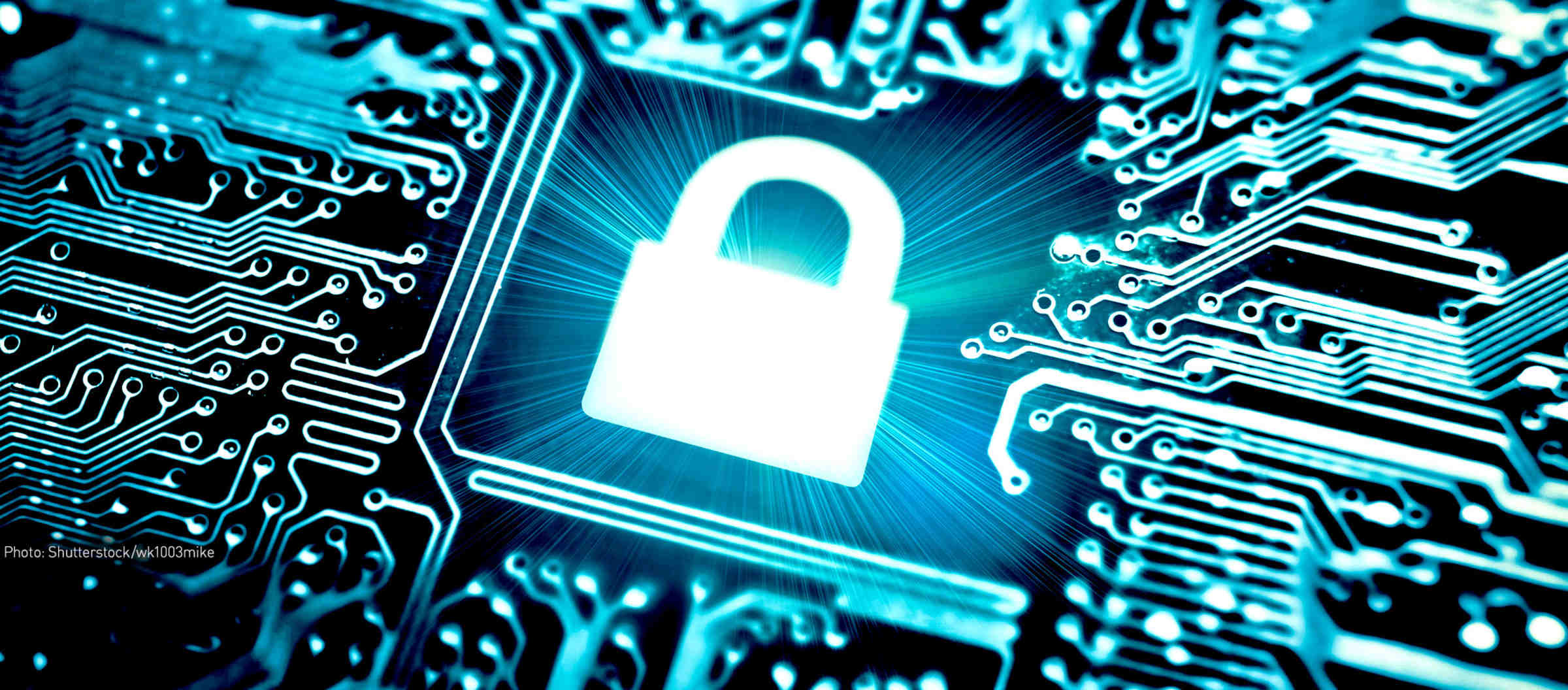Battles between Microsoft and the U.S. department of Justice are no stranger to headlines. On the one side, Microsoft CEO Satya Nadella claims that eroding customer trust due to confusing data privacy laws can spell disaster for not only his own company, but the technology industry as a whole. Whilst he is calling for stronger safeguards for users, the US Department of Justice on the other side is battling to gain access to emails stored on foreign servers to the Supreme Court. In 2014, the U.S. department of Justice served the company with a summon, asking it to allow law enforcement agencies access to emails stored in Irish servers. Nadella believes American’s have a right to their privacy and he is supported by Apple and Amazon amongst other tech giants.


Former U.S. government contractor Edward Snowden in 2013 leaked that the U.S. was retrieving phone records of hundreds of millions of people, along with emails and texts. As a result, many tech companies began to add encryption to their products and services due to the revelations from Snowden elevating privacy concerns. In the present day, the UK government, along with their American counterparts, have made encryption designed to protect data more of a priority. Last year the UK government passed a legislation called ‘Investigatory Powers Act 2016’ which gave authorities sweeping powers to hack, intercept, and retain the communications of all British citizens. The European Union’s top court ruled that this “indiscriminate” data collection was illegal.

What we are increasingly seeing is a one sided approach by the government, which some may argue should not be the case in liberal democracies. The government is responsible for protecting the nation and the privacy of its citizens. During the FBI’s battle with Apple over encryption, former FBI director James Comey had said that the constitution’s provision for searches “couldn’t have imagined any box or storage area or device that could never be entered.” Yet the U.S. congress and state legislators are now considering limits to stingray surveillance. The importance of monitoring private data of citizens by law enforcement agencies has also been questioned. The advisory panel appointed by then president Barrack Obama in 2013 had concluded that the NSA’s phone records program “was not essential to preventing attacks.”
A major concern in this privacy vs. national security debate is the attitude of the citizens in developed nations. A survey conducted by PEW research center in November 2014 found that most Americans believe it is acceptable to monitor everyone, except U.S. citizens. The situation in the UK takes a different angle; research conducted by Yougov in 2015 found that 72% of British adults are concerned about their private information online whilst 32% of people would be willing to pay to protect their private information online. These findings came two years after the Snowden leaks revealed that the US and UK security forces had access to and collected private data without permission, causing backlash in the technology and security industries. “Gone are the days when consumers took a backseat in protecting their data online” said Wael Aggan, the chief executive of Cloud Mask. He also added,” high profile data breaches, credit card details being hacked, and government gaining permission to access google and Microsoft consumer data, is forcing consumers to take more control of their privacy.”
The increased level of awareness regarding privacy in UK is a positive sign. It is imperative for the governments around the world to remember that they should not force the citizens to choose between privacy and national security. It is the government’s responsibility to ensure that citizens privacy is not compromised in order to achieve national security. The two should co-exist as opposed to being trade-offs. Each and every citizen values the nation’s security and will be willing to share private data for the security of the country; but there is a very thin line between security and surveillance, the latter being incompatible with a democratic environment.
Sagar Kar
Image: [ACLU]

